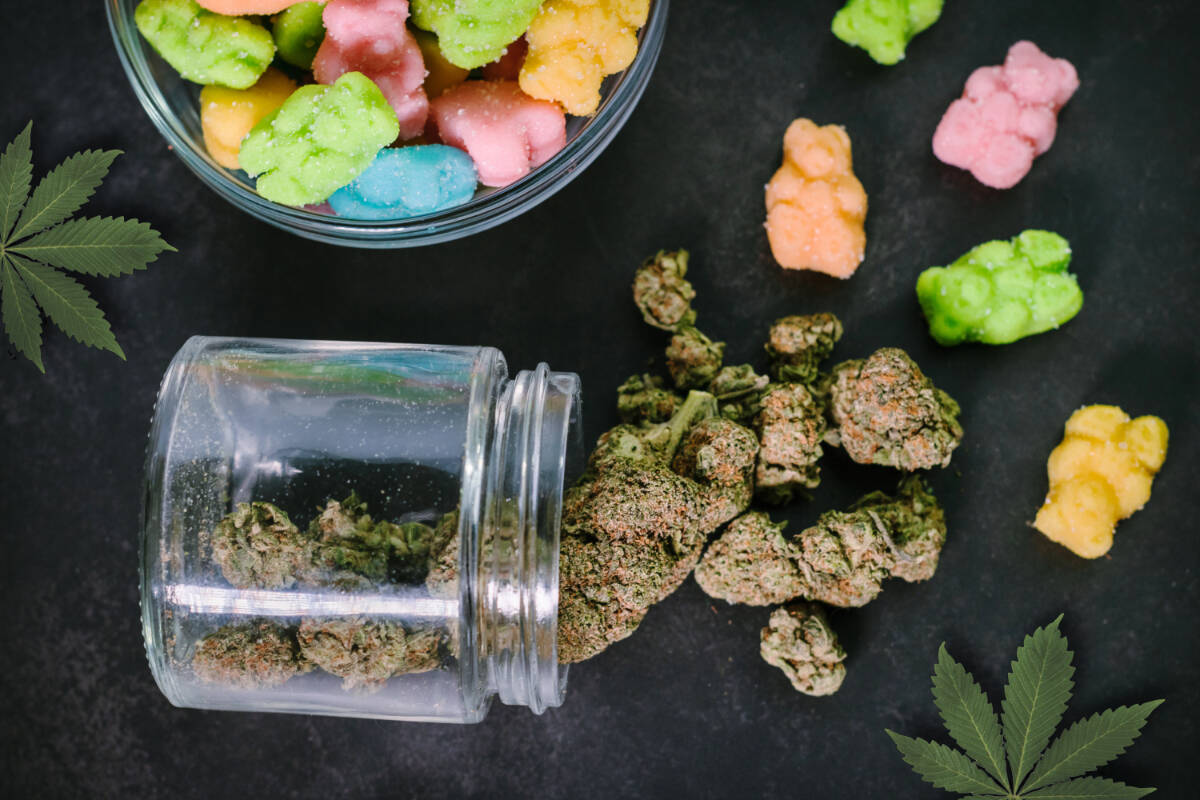By Brooks Johnson, Star Tribune
At first glance, there is little indication the snack-size bag of Trix is meant to get a user stoned. Every detail of the packaging has been copied from General Mills’ cereal, and the company’s logo even adorns the corner.
But the cannabis edible recently pulled from the market was a “copycat” product with a combined 1,000 milligrams of THC, the main intoxicating compound in marijuana. (A standard dose is 10 mg.)
The Consumer Brands Association and several major food companies, including Minnesota-based General Mills and Post Consumer Brands, are urging Congress to crack down on the practice.
“Children are increasingly threatened by the unscrupulous use of famous brand logos, characters, trademarks and trade dress on THC-laced edible products,” the group wrote in a letter this week. “(Children) cannot tell the difference between these brands’ true products and copycat THC products that leverage the brand’s fame for profit.”
Some of the products provided as examples are subtle about their THC content, while others replicate packaging with more obvious names such as Double Stuf Stoneos, which plays off Nabisco’s popular Oreo brand.
READ MORE: Parents urged to be vigilant over cannabis edibles in their trick-or-treater’s candy bags
Research published last month showed many of the look-a-like cannabis products contain high concentrations of THC and dozens of doses per package.
“Policies to prevent cannabis packaging from appealing to children haven’t stopped copycat products from entering the market — nor have food brands taking legal action against cannabis companies for copyright infringement,” Danielle Ompad, associate professor of epidemiology at New York University and the study’s lead author, said in a statement.
The Consumer Brands Association said going after the copycats is like playing whack-a-mole: “By the time a company or government entity goes after them, their local storefront or online presence disappears and they pop up with a new name and new site.”
While the issue is more prevalent in states that have legalized recreational marijuana for adult use — now approaching half the country’s population — copycat delta-8 edibles have shown up at Minnesota retailers and can be purchased online.
Delta-8 THC is an unregulated hemp-derived compound with effects similar to delta-9 THC, the federally illegal psychoactive compound found in marijuana.
READ MORE: In LA, dogs are getting stoned on neighborhood walks; cannabis edibles grow in popularity
The state’s hemp industry has asked the Minnesota Legislature to regulate delta-8 and provide labeling requirements to better protect children.
“The Minnesota Cannabis Association is against all THC edibles that are look-a-likes. It shouldn’t be in front of kids,” said Steven Brown, the association’s founder. “We believe all packaging needs to be labeled properly and be child-proof as well.”
The Consumer Brands Association is asking Congress to amend the SHOP SAFE Act to update language that currently protects against counterfeits to include “famous” brands.
“This change is critical because it closes a loophole in the existing language to address a critical health and safety issue,” the letter said. “Without Congressional action, they are quickly replaced by other unscrupulous sellers.”
A variety of marijuana proposals have come before the Minnesota Legislature this session, ranging from efforts to ban delta-8 THC to establishing a state cannabis office and decriminalizing small amounts of marijuana possession.
One bill would expressly allow hemp-derived cannabinoids like CBD in food and drink and outlaw products “modeled after a brand of products primarily consumed by or marketed to children.”
“The industry wants to have legitimacy and for the good actors to be rewarded and the bad actors to be essentially kicked out,” said Kurtis Hanna, lobbyist for Minnesota NORML (National Organization for the Reform of Marijuana Laws). “To do that we need legislators to step up and hopefully provide that benefit to the industry that’s crying out for regulation.”
Find the latest must-read stories from the cannabis world at canadianevergreen.com, your go-to source for news, trends, products and lifestyle inspiration from the cannabis community and beyond. You can also follow us on Facebook and Instagram and Twitter.

